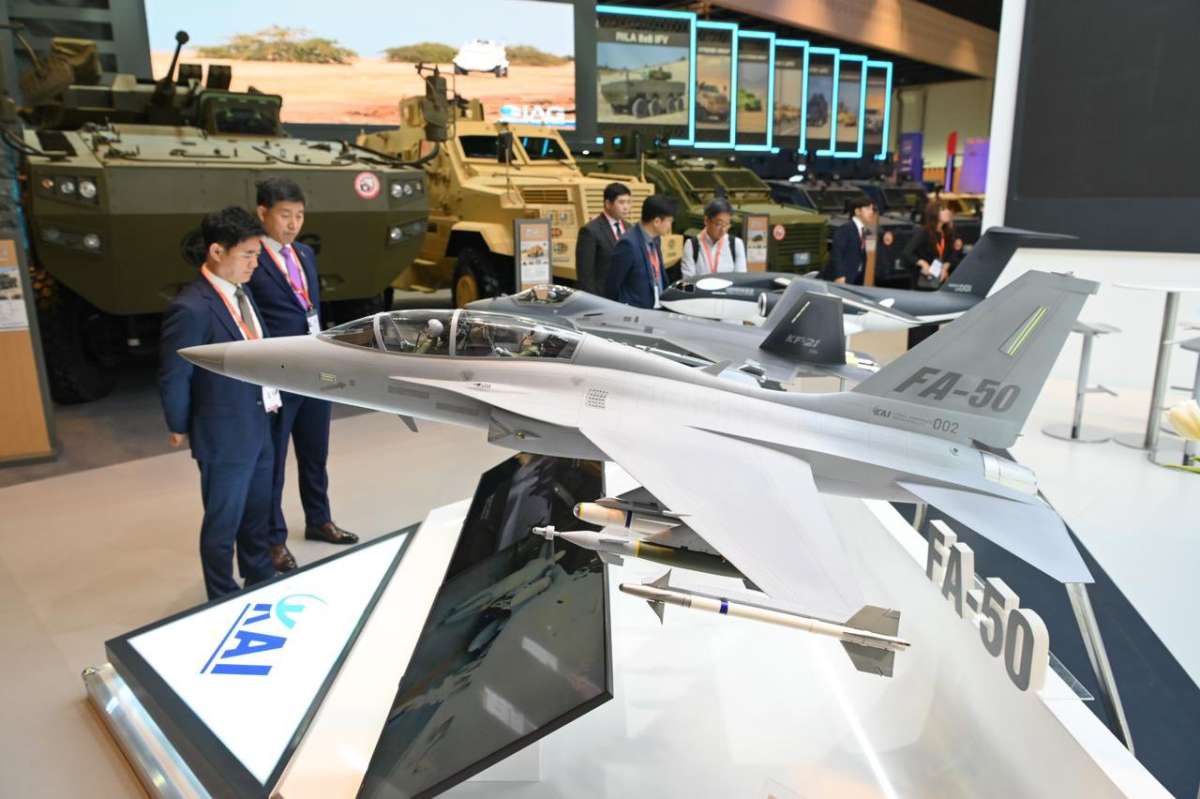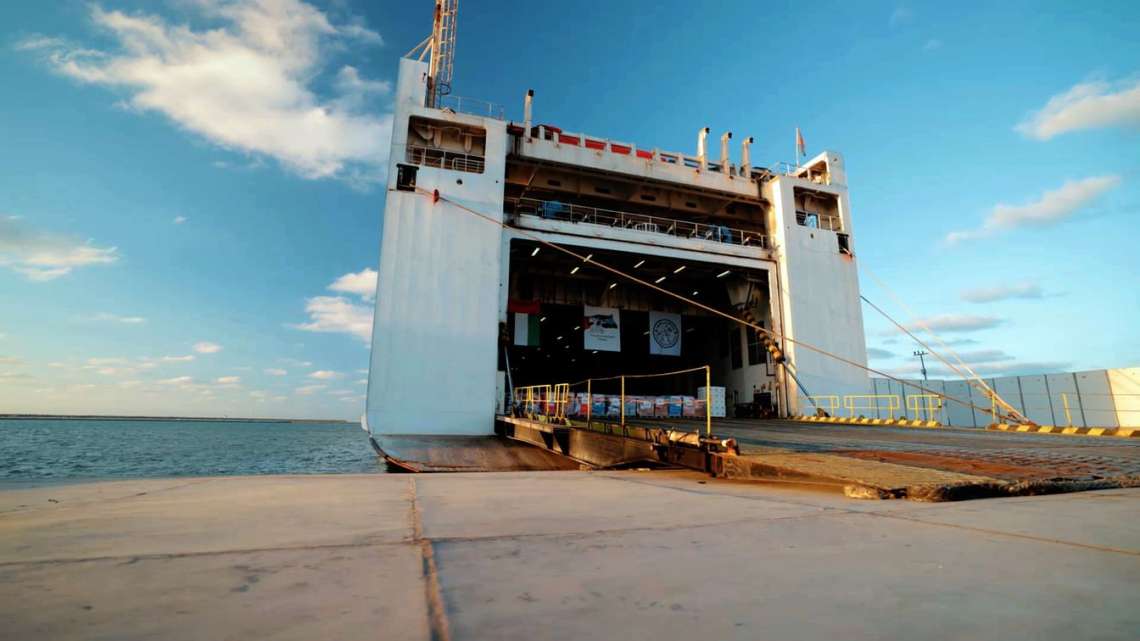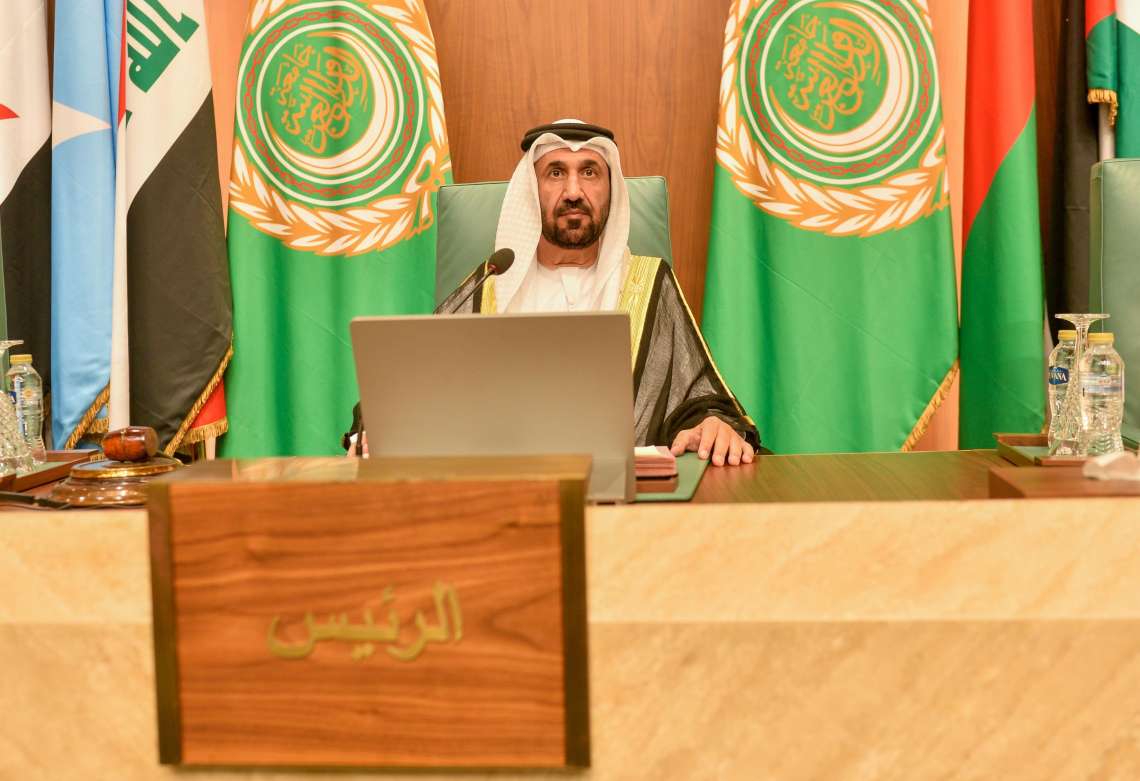The five-day events are held at the Abu Dhabi National Exhibition Centre (ADNEC), in cooperation with the Ministry of Defence….reports Asian Lite News
The 16th edition of the International Defence Exhibition and Conference (IDEX) and the 7th Naval Defence and Maritime Security Exhibition (NAVDEX) opened in Abu Dhabi today with the participation of more than 1,350 companies.
The five-day events, under the patronage of President Sheikh Mohamed bin Zayed Al Nahyan, are held at the Abu Dhabi National Exhibition Centre (ADNEC), in cooperation with the Ministry of Defence.
This year’s edition, which coincides with the 30th anniversary of the launch of IDEX, is set to be the largest in the history of the event, attracting participants from all over the world to showcase the latest advancements in the international defence sector.
The current edition of NAVDEX will witness the participation of a number of naval vessels from seven countries, namely Pakistan, Bahrain, the United Kingdom, Italy, China, India and the UAE.
Meanwhile, Sheikh Mohammed bin Rashid Al Maktoum, Vice President, Prime Minister and Ruler of Dubai, welcomed the visitors at IDEX and NAVDEX.
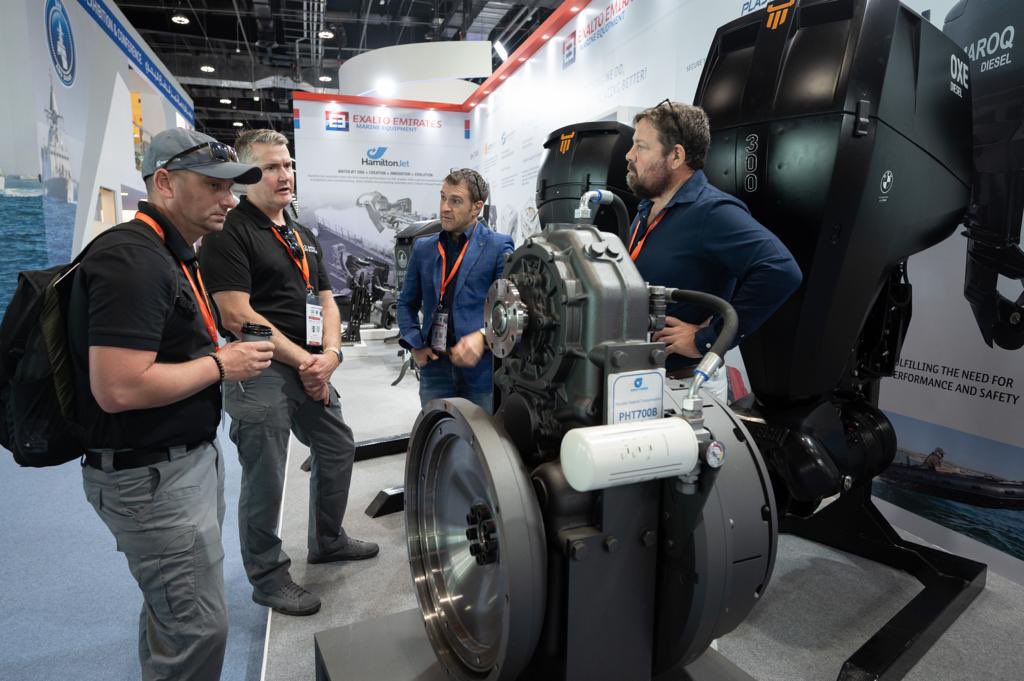
He said that IDEX, since its launch in 1993, has been highlighting the UAE’s journey in the defence industry, and contributing to its growth.
“The high level of participation by a wide range of countries, leading companies, and decision-makers in IDEX & NAVDEX 2023 serves as a testament of the importance of the two exhibitions, and their role in strengthening the events sector, which has become one of the major contributors to the country’s national economy,” Sheikh Mohammed said.
He said, “The previous editions of the exhibition, which started around 30 years ago, have supported us in keeping pace with the developments and innovations in the defence sector, and contributed to the rapid growth of the industry.”
“In addition to this, this year’s event will provide startups and SMEs with an unrivalled opportunity to present their innovative ideas, products and services, in the defence and naval defence sectors to industry leaders and experts,” he said.
“We are proud to have organised and hosted successful exhibitions in the fields of defence, aviation, security, technology, and more, which contribute to our country’s comprehensive development. We have also made a major leap forward in our defence industry, which forms a key pillar of our security strategies, economic diversification plans, and upskilling our human cadres,” he added.
Prior to IDEX and NAVDEX, Abu Dhabi hosted International Defence Conference (IDC 2023).
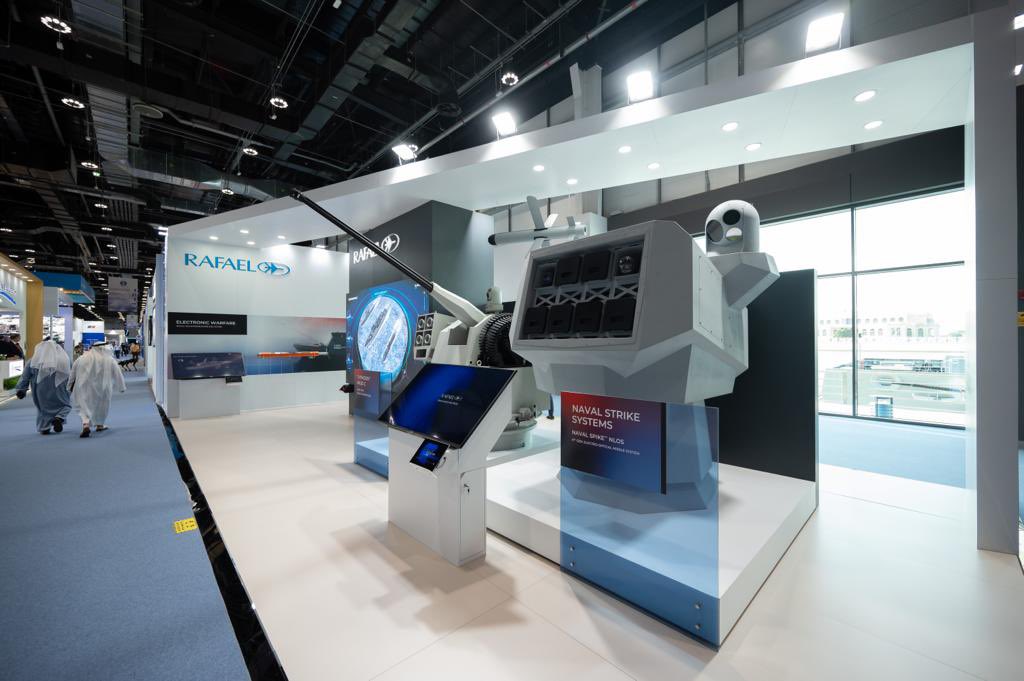
The conference hosted a broad range of high-caliber speakers from the government and the private sector, addressing key issues in the defence and security space. To an audience of government, academia and corporates, the speakers discussed the potential economic and social consequences of several aspects of technology including the future of defence operations, latest updates and developing talent and managing human capital.
The inaugural session was on “Promise and Peril – the social and economic impacts and risks of widespread adoption of new technologies such as AI, neuro, & biotechnology and extended reality”.
This panel explored the social and economic impact and risks associated with the widespread adoption of new technologies such as artificial intelligence, neuro and biotechnology. These technologies certainly offer new efficiencies and opportunities, but they are also introducing new social uncertainty, risks and tensions. That will in turn, create new missions, requirements and dilemmas for defensive security communities.
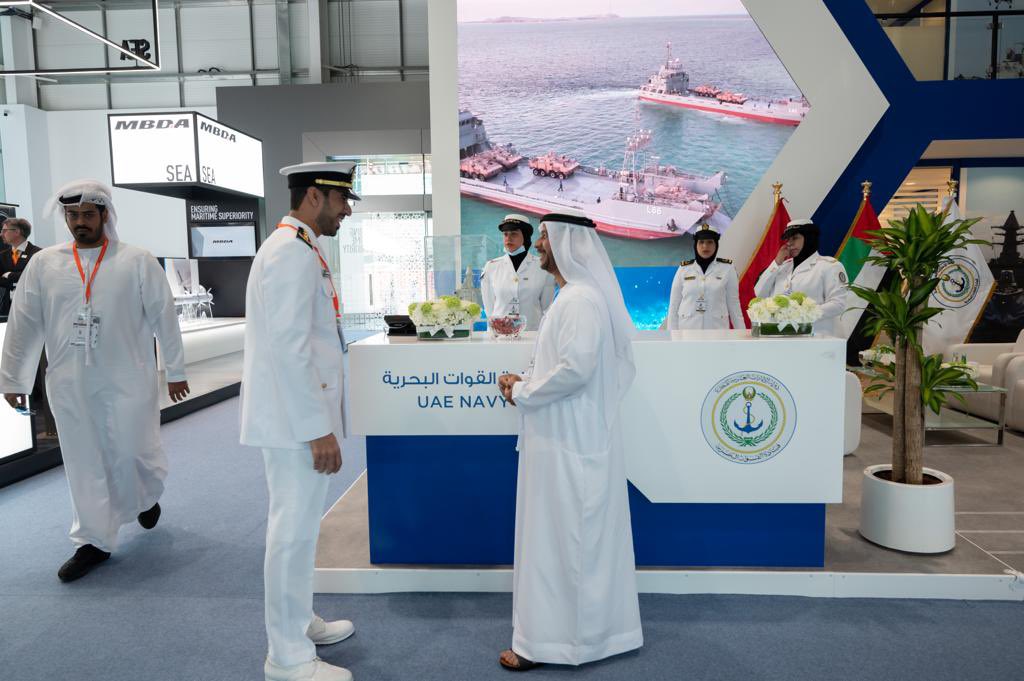
So what are those technologies that will play an important and impactful role in the future? The human experience as a human society? Is it artificial intelligence? Is it gene biotechnology?
Each one of these technologies is going to bring new capabilities, but also new challenges.
Omar Sultan Al Olama, Minister of State for AI, Digital Economy and Remote Work Applications, commented, “The limitations are the challenges you have with false positives. Ethical decision-making with a high level of competence is unfortunately not to the degree of a very well trained human being, but with time we’re going to see that as we feed the systems with more and more data, they’re going to be able to give us a better output compared to what we have today.”
AI offers a lot of in terms of efficiency, better decision-making, and perception. However, in the end, the man in front of the machine makes the final decision. Therefore, training people is key. According to John W. Nicholson Jr, Chief Executive, Lockheed Martin Middle East, ‘AI is not about replacing human decision making but rather enhancing human decision making.’ Al is very good at detecting anomalies and this allows the human to come in and verify what needs to be done.”


